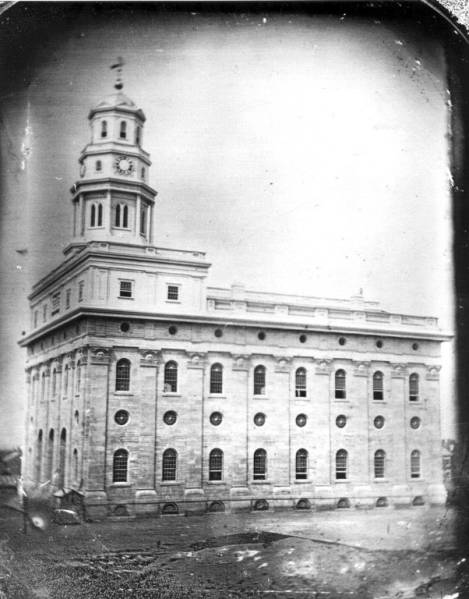
I’ve just finished recording my introduction to the latest volume (Volume 26) of Interpreter: A Journal of Mormon Scripture. Thanks to Tom Pittman for his indispensable help.
Did I manage to hide the quivering anger in my voice? I tried really hard.
***
Yet another vicious expression of my perpetual volcanic rage has appeared in today’s issue of the Deseret News:
“‘To Seek the Law of the Lord’ essay collection about scriptures, scholarship”
If you read it, keep your smelling salts nearby and have a cardiologist on speed dial.
***
Hmmmm. I’m curious to see the book that Max Perry Mueller has written:
“Why We Stay: What the History of Mormonism Reveals about the Origins of ‘Race'”
It’s very possible that it will enrage me. But then, I’m always angry, so I’m not sure what difference that will make.
***
Here are some more of Joseph Smith’s remarks from his 11 April 1844 sermon to the Council of Fifty. For an earlier installment, see “A previously unknown comment from Joseph Smith on religious liberty.” It’s really exciting (to me, anyway) to see these “new” expressions from the Prophet:
God cannot save or damn a man only on the principle that every man acts, chooses and worships for himself; hence the importance of thrusting from us every spirit of bigotry and intollerance towards a mans religious sentiments, that spirit which has drenched the earth with blood — When a man feels the least temptation to such intollerance he ought to spurn it from him. It becomes our duty on account of this intollerance and corruption — the inalienable right of man being to think as he pleases — worship as he pleases &c being the first law of every thing that is sacred — to guard every ground all the days of our lives. I will appeal to every man in this council beginning at the youngest that when he arrives to the years of Hoary age he will have to say that the principles of intollerance and bigotry never had a place in this kingdom, nor in my breast, and that he is even then ready to die rather than yeild to such things. . . . When a man is free from [intolerance] he is capable of being a critic. When I have used every means in my power to exalt a mans mind, and have taught him righteous principles to no effect — he is still inclined in his darkness, yet the same principles of liberty and charity would ever be manifested by me as though he embraced it. Hence in all governments or political transactions a mans religious opinions should never be called in question. A man should be judged by the law independant of religious prejudice, hence we want in our constitution those laws which would require all its officers to administer justice without any regard to his religious opinions, or thrust him from his office.”
Matthew J. Grow and R. Eric Smith, The Council of Fifty: What the Records Reveal about Mormon History. (Spelling and punctuation in the original.)










